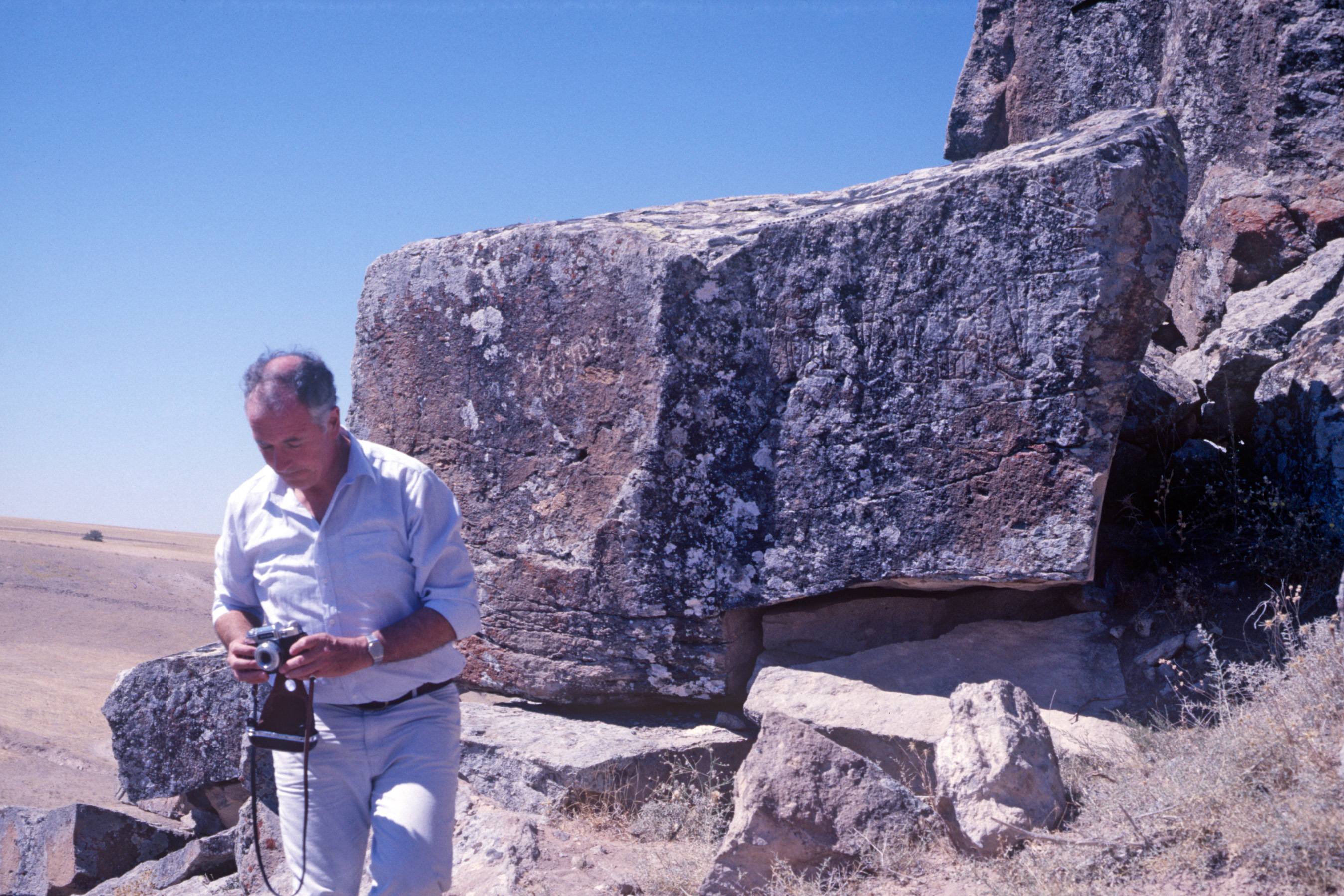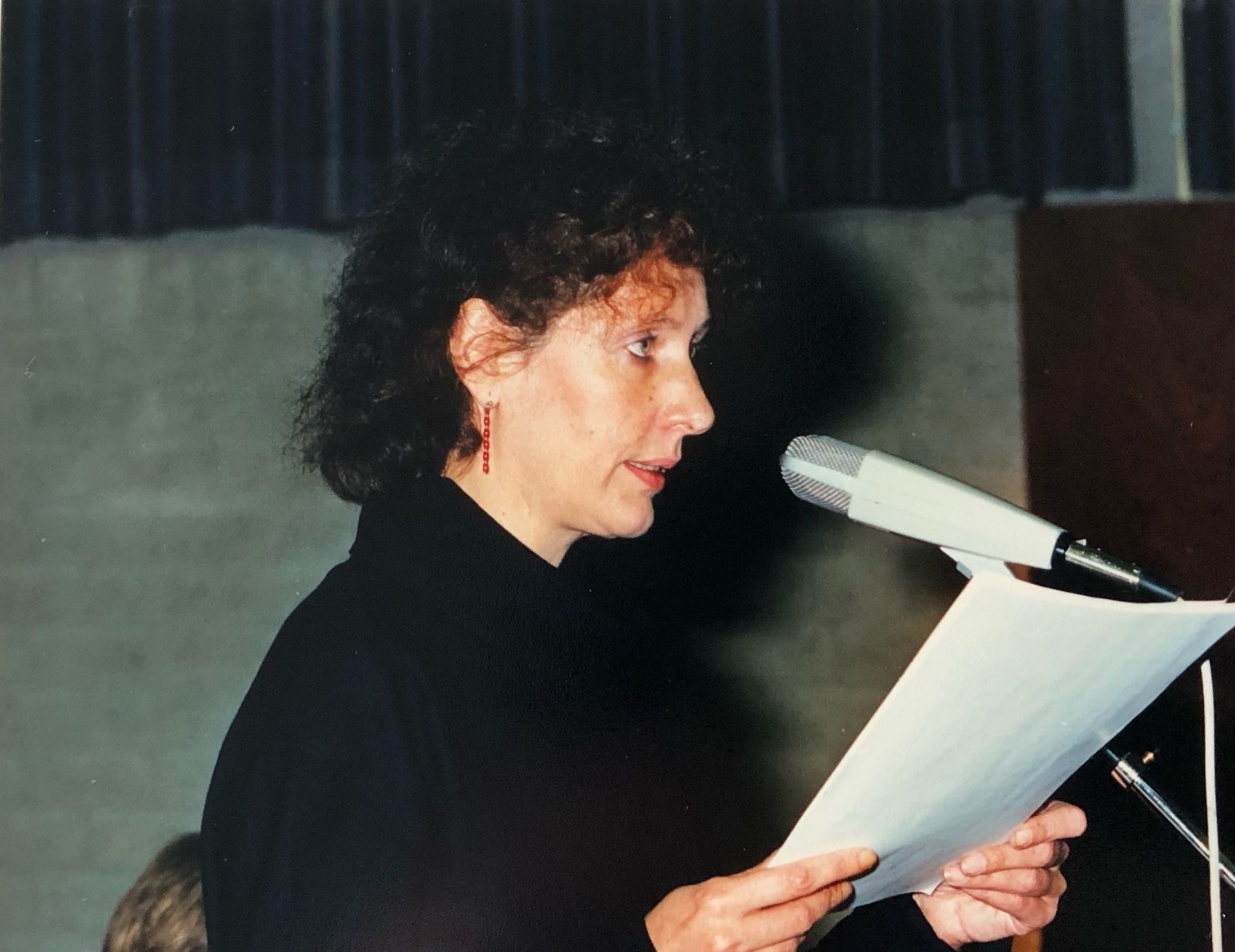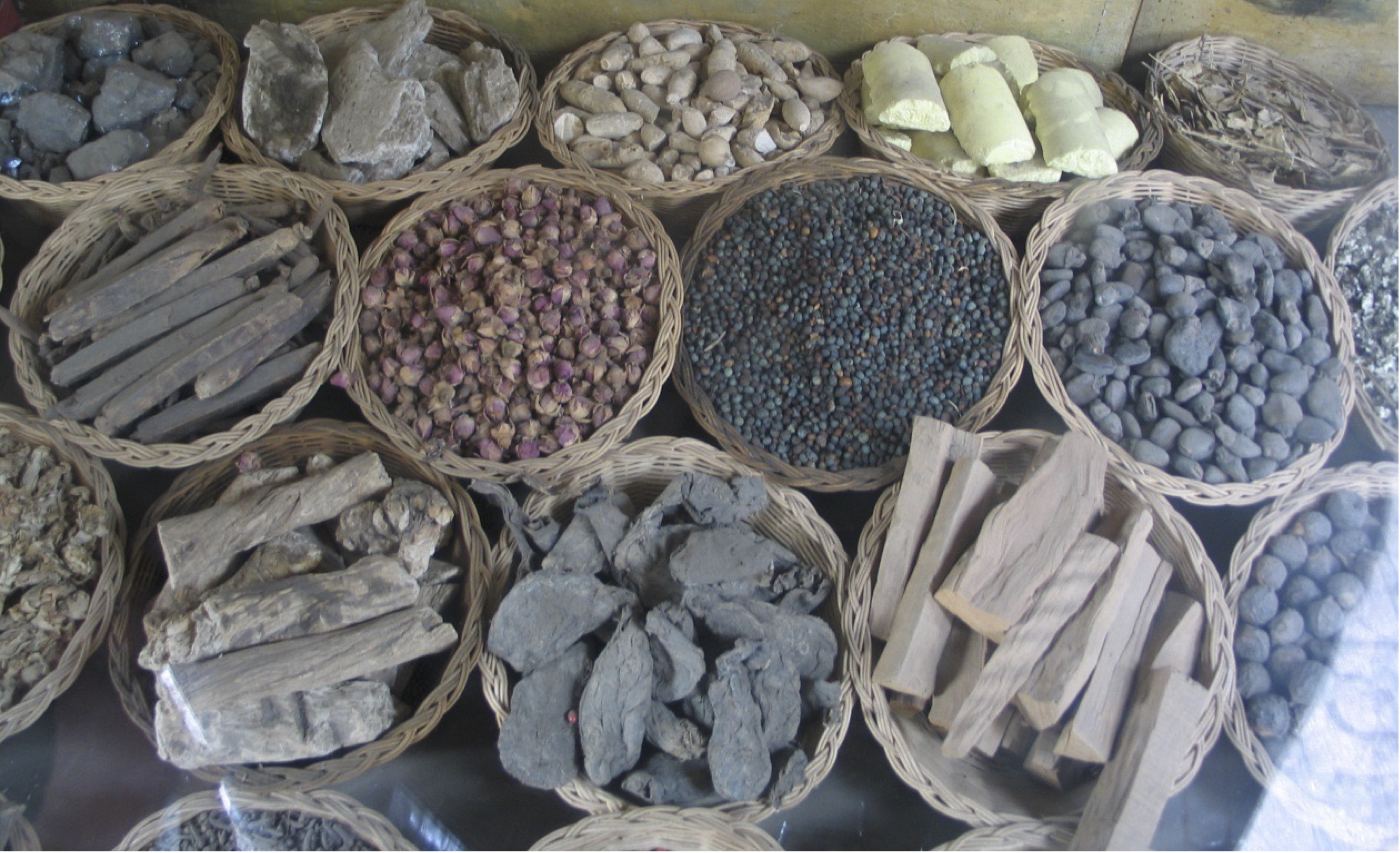London Centre for the Ancient Near East
Seminar Series Spring 2024
New Research on the Ancient Near East
Convened by Diana Stein
Mondays, 6.15pm in Lecture Theatre G6, UCL Institute of Archaeology, 31-34 Gordon Square, London WC1H 0PY, UK (EXCEPT CHRISTIE CARR ON MAR. 11th)
Register for online attendance here: https://www.eventbrite.co.uk/e/lcane-spring-lecture-series-new-research-steve-renette-online-attendance-tickets-794063654767?aff=oddtdtcreator
Mon. Jan. 15th Steve Renette (Cambridge)
“From Lullubum to Adiabene: Archaeological investigations in the borderlands between Mesopotamia and the Zagros Mountains”
The Bazyan Valley in present-day Sulaymaniyah in Iraqi Kurdistan forms an imposing corridor between the plains east of the Tigris River and the Zagros Mountains. This geographic reality, imposed by the Qara Dagh mountain range, created a cultural and political border zone in this region. Since 2013, the Kani Shaie Archaeological Project, centered on the site of Kani Shaie, has been investigating the long history of human occupation in this narrow valley. The project particularly focuses on the period from 4000 to 2000 BCE when local communities came increasingly into contact with the burgeoning Mesopotamian states. This interaction culminated in a major military conflict with the Akkadian Empire, commemorated on the Victory Stele of Naram-Sin where the inhabitants of this region are identified as the Lullubi people. The following millennia, this land and its people continuously balanced economic dependence on external states with a desire for political autonomy. This talk will present recent results from archaeological fieldwork at Kani Shaie in the Bazyan Valley with a focus on two historical periods: the era of the Lullubi during the Early Bronze Age of the third millennium BCE and the integration of the region into the kingdom of Adiabene under Seleucid and Arsacid (Parthian) hegemony during the final centuries BCE.
Mon. Jan. 29th CHANGE OF PROGAMME: Diana Stein (Birkbeck, University of London)
“In Decent Exposure: Female Nudes in Near Eastern Glyptic”
The ancient Near Eastern motif of the nude female continues to captivate and confound us. Recent research has convincingly debunked theories based on 19th century concepts of female sexuality, fertility cults and prostitution, presenting us with a number of viable alternatives. While most studies focus on southern Mesopotamia in the early second millennium BCE, this one foregrounds Syro-Mesopotamia and adopts a diachronic approach to an examination of four nude female types encountered on seals from the second millennium BCE: the nude female with profile head, the “Mistress of Animals”, the nude female raising her robe, and the semi-nude female with open or cut-away coat. Only one has a southern equivalent. The remaining three are derived from Syro-Mesopotamian prototypes, and the ethnographic comparisons they evoke shed new light on the background of the great Near Eastern goddesses – who they were and why their powers, personalities, and appurtenances are so alike. We also gain a deeper appreciation of the value of integrity/purity and the role of sensory experience in ritual settings, as well as a glimpse into the uneven integration of pre- and post-urban worldviews.
We hope to be able to put on the lecture by Dr Christina Tsouparopoulou (Durham) which was originally scheduled for Jan 29th at a later date.
Mon. Feb. 5th John MacGinnis (Cambridge)
“Excavations at Qalatga Darband in Iraqi Kurdistan”
This lecture will present the results of the six seasons of fieldwork undertaken on behalf of the British Museum in the Darband-i Rania pass, located at the northeast corner of Lake Dokan in Iraqi Kurdistan at a point where, though now subsumed into the lake, the Lower Zab flows from the Peshdar into the Rania Plain. Chief attention will be given to the work at Qalatga Darband, a large fortified site dating to the Parthian period. Of particular interest is a massive stone building located in the southern part of the site, interpreted as a fortified manor. Both this and other remains at Qalatga Darband exhibit striking Hellenistic influences. While the results throw up as many questions as they answer, the discoveries at Qalatga are beginning to provide new evidence on the Parthian presence in a corner of Iraq until recently very little explored.
CHANGE: Mar. 11th Christie Carr (Oxford, Wolfson College) ROOM: B06, Drayton House, 30 Gordon Street, WC1H 0AX
“Constructions of desire in Sumerian erotic poetry”
How was desire conceptualised at the beginning of the 2nd millennium BC in ancient Mesopotamia? The focus of my doctoral research and this paper centres upon the metaphorical language of the Old Babylonian Sumerian “Love Songs”, a group of erotic literary texts. My method of analysis borrows from cognitive linguistics- conceptual metaphor theory- that suggests our conceptual systems function like the metaphorical process: abstract concepts (target domains) are constructed by mappings from more embodied, concrete experiences (source domains). The extensive metaphor in the Sumerian “Love Songs” give one of the fullest and extended representations of sexual domains of experience from the ancient Mesopotamian world. This paper explores how the metaphorical language of the Sumerian “Love Songs” might be used to begin to answer how complex concepts such as desire were conceptualised at the beginning of the 2nd millennium BC.
Christie Carr’s talk has been moved from Feb 26th and the in-person delivery will depend on our finding a room for it (UCL room-bookings are currently down). You can still sign up for it online above, but watch this space for the in-person event.
Mon. Mar. 18th Bebe Richards (UCL)
“Can Westminster laws deter Middle East looting? Evaluating market-focused approaches to the illicit antiquities trade”
Devastating growth in archaeological looting has inspired calls for policies aimed at reducing demand for illicit antiquities in market nations. Two main approaches have emerged: One focuses on increasing legal penalties for buying and selling looted property; the other urges non-legislative solutions, such as encouraging the antiquities trade to adopt tougher anti-trafficking protocols or culture change campaigns aimed at making private ownership of antiquities unfashionable. This presentation will outline approaches to determining the efficacy of existing legal penalties in the UK and US and also explore the potential for non-legislative regulations adapted from other industries to reduce illicit demand in market nations.
www.lcane.org.uk, https://www.facebook.com/groups/LCANE/, @londoncentrene



